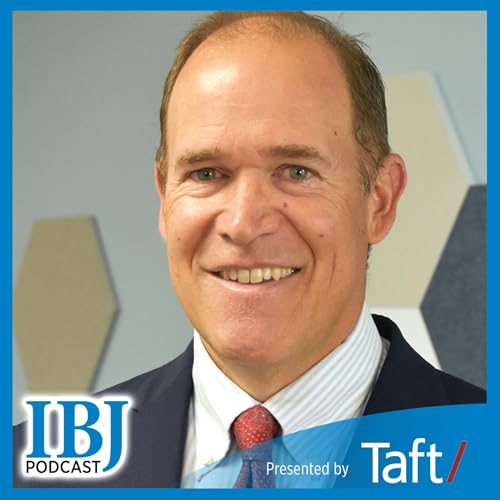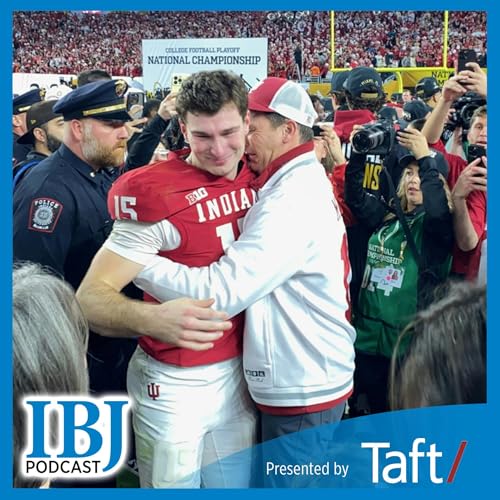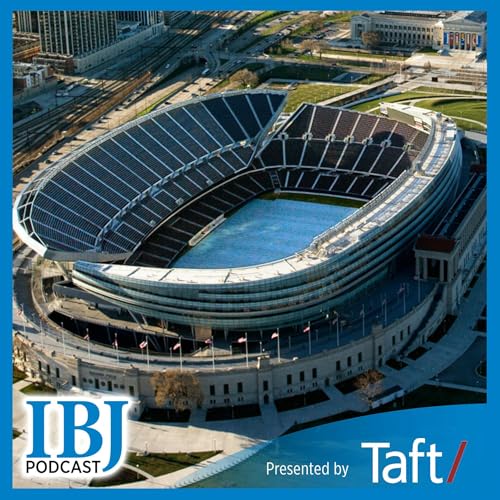According to the latest federal data, the U.S. economy is chugging along at a strong clip, unemployment is under control, the prices of consumer goods are increasing at a fairly typical rate, and interest rates for mortgages are steadily dropping. Plus, the stock market is regularly hitting all-time highs. What’s there to worry about? The Consumer Confidence Index, which is used to measure how consumers feel about their expected financial situation, is at its lowest point since 2014. Specifically, Americans’ short-term expectations for their incomes, business conditions and the job market have fallen well below the marker that could signal a recession. The misalignment of the big picture numbers and how consumers feel might indicate that not everyone is benefitting from the positive economic indicators. Throw on top of that the amount of anxiety Americans feel about polarized politics, a recent wave of five-figure layoffs at large U.S. firms, and data pointing toward a bear market, and you can appreciate any undercurrent of pessimism. On this week's edition of the podcast, Pete the Planner and host Mason King discuss the role that our feelings can play in our financial decisions even when we’re presented with cold, hard data. To that point, they discuss the return of the vibecession, a term describing the disconnect between positive economic indicators and the public's negative perception of the economy and how they’re doing. Fear can inspire some people to eliminate all risk in their investments, which isn’t necessarily a good idea.
続きを読む
一部表示
 44 分
44 分 2026/02/2350 分
2026/02/2350 分 38 分
38 分 43 分
43 分 2026/02/0257 分
2026/02/0257 分 48 分
48 分 39 分
39 分 40 分
40 分
